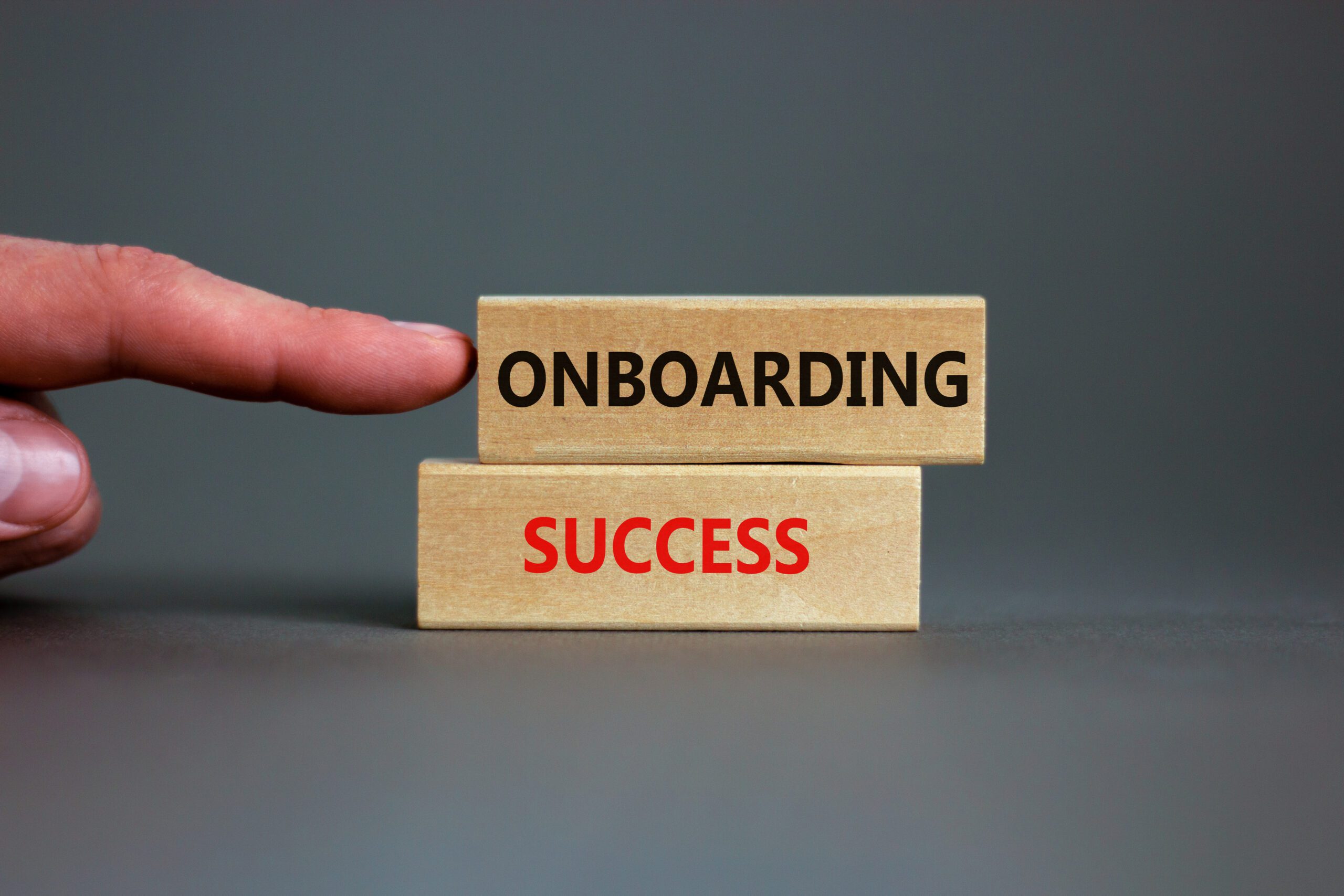
Meet John, an eager new employee excited to start his new position at Infinity Warehouse Solutions. However, his excitement soon turned sour: when he arrived for his first day, he quickly realized that he needed to be more adequately prepared for the role.
John’s orientation was rushed and lacked necessary training and support. He was thrown into the deep end without the tools and resources needed to succeed. Without training, John was left feeling overwhelmed and unsure of his role and responsibilities.
As a result, John’s performance suffered, and he struggled to keep up with the job demands. He felt like he was not making progress and was not contributing to the company’s success. Despite his best efforts, John eventually became disengaged and decided to leave the company after just a few months on the job.
Events such as these are far too common and require a dedicated strategy prioritizing a key hiring tactic that should never be overlooked: onboarding.
Onboarding is a critical process for any business. It lays the groundwork for new employees’ success and aids integration into the company culture. Effective onboarding can contribute to new hire success in 2023 and beyond. In this blog, we’ll discuss key tips to help you improve your orientation and training processes for positive results.
Building The Foundation for Success
The first step in developing an effective onboarding program is to lay a solid foundation. This entails developing a comprehensive employee orientation plan that clearly defines goals and objectives. It is critical to outline the steps involved, including what must be done and when. First, create a well-defined and achievable timeline, allowing your team to explore and execute each step meaningfully. Then, identify the key players in the process, such as HR, managers, and mentors, who will own segments of the onboarding process.
Setting Expectations
One of the most important aspects of onboarding is setting expectations for new hires. Communicate the company’s values, culture, vision, and the new hire’s roles and responsibilities. It is critical to provide clear expectations for performance, behavior, and, to ensure that new hires understand what is expected of them. Sharing information about the company’s policies and procedures is essential, as it helps employees adjust to the company culture and feel more confident in their new roles.
Providing Support and Training
Effective onboarding entails providing new hires with the tools and resources they need to succeed. When evaluating current orientation plans, consider providing continual training sessions and workshops to help new hires become acquainted with their responsibilities. For growth opportunities, it is important to encourage open and ongoing communication between new hires and their managers. Allowing for questions and regular feedback will give employees the support needed to succeed.
Integrating New Hires into the Company Culture
One of the most important and overlooked aspects of onboarding is integrating new hires into the company culture. This involves encouraging new hires to participate in team-building activities and events, as well as providing opportunities for them to meet and connect with their coworkers. Encouraging employees to get involved in company initiatives and projects, along with offering mentorship programs, will help them acclimate to the company culture and feel more connected to their coworkers.
Measuring Success
Now that you’re well equipped with the knowledge to execute a well-implemented onboarding strategy, it’s essential to measure success. Doing so involves defining what success looks like and tracking the progress of new hires during the orientation period. Regular check-ins to gauge progress and provide support as needed are also essential for ongoing success. Conducting post-evaluations to gather feedback and assess the effectiveness of the onboarding program will help you continually improve and achieve notable results.
Effective onboarding is crucial for the success of new hires and businesses in 2023—and beyond. Building a solid foundation, setting expectations, providing support and training, integrating new hires into the company culture, and measuring success are all key components of a successful onboarding program. At Champion Personnel, we understand all aspects of the hiring process and are here to connect you with the top personnel needed to tackle your unique needs. Click here to learn more.
